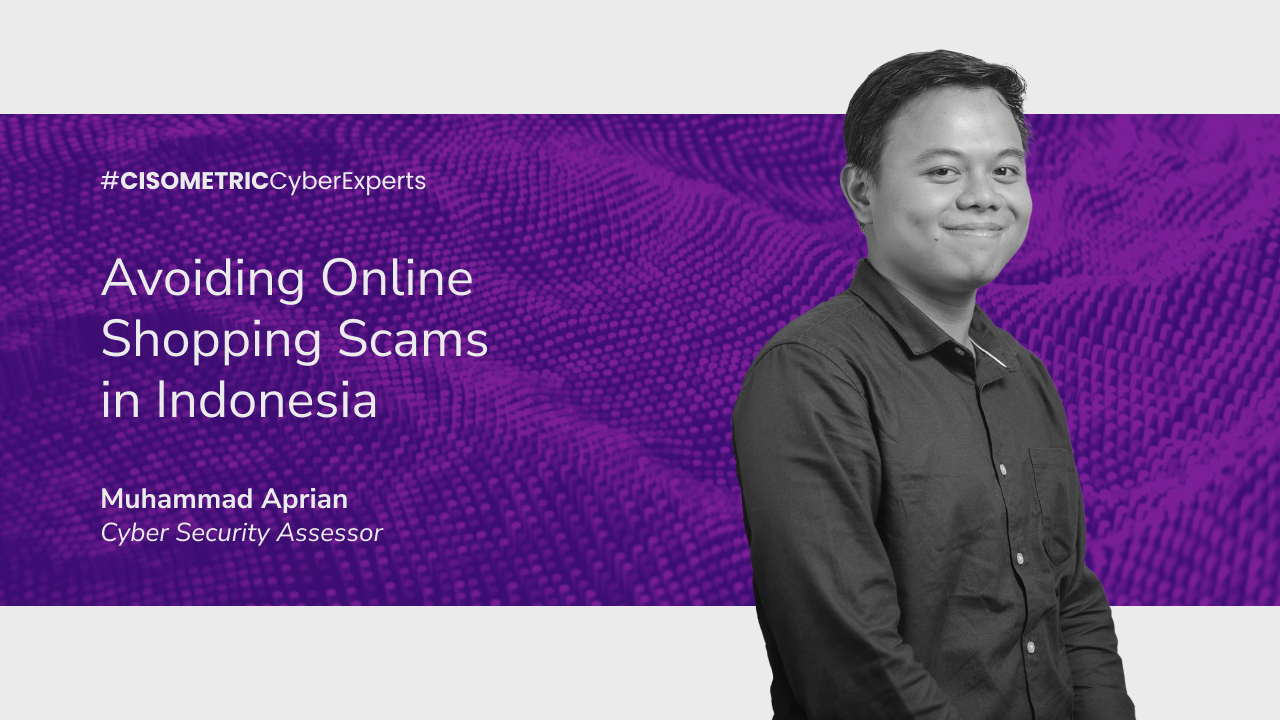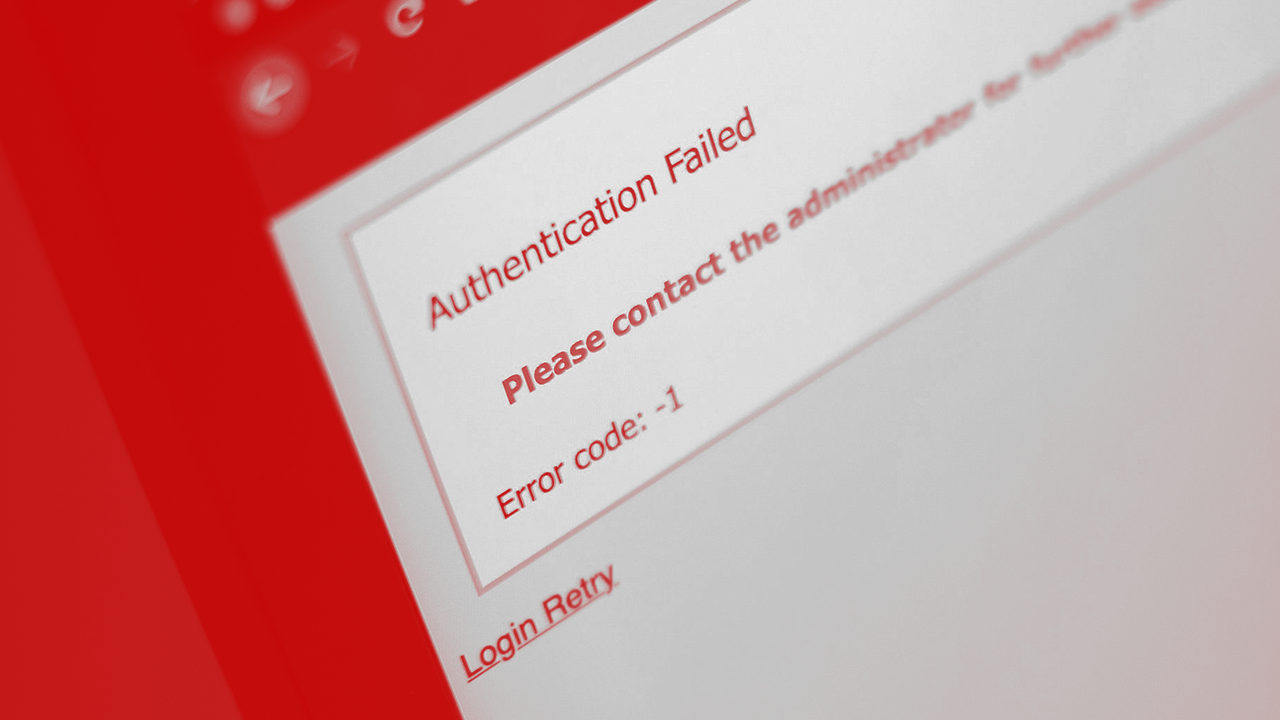By Patricia A. Pramono • Studio 1080, Published on May 27, 2024
TABLE OF CONTENTS
Indonesia has seen an explosion of online activity, with its online learning platforms market generating revenues surpassing $405 million in 2022, projected to continue growing robustly until 2026 (Statista Research, 2023). This rapid growth parallels a darker trend: the prevalence of online fraud, with Kominfo documenting 1,730 cases of online deception within a span from 2018 to 2023. The financial toll of such frauds was staggering, reaching IDR 18.7 trillion (approximately $1.3 billion) between 2017 and 2021 (katadata.co).
In light of these statistics, the digital education market in Indonesia must be navigated with cautious optimism. The promise of accessible and diverse learning opportunities is clouded by the threat of online fraud, compelling us to adopt a discerning approach to online courses. It underscores the imperative for consumers to be vigilant and for educational platforms to uphold rigorous standards of transparency and security. This situation not only calls for awareness among consumers but also necessitates efforts to advance digital literacy across the nation.
Nowadays, almost everyone can shout out their expertise online, and as a result, these online training scams are getting trickier and more common. Their growth has been like a weed, especially with so many faces from social media or organizations jumping on the online course bandwagon.
Think of the online training scene as a buffet with all sorts of dishes—webinars, personal coaching sessions, or those full-on virtual classes. The menu is vast, and if it's the real deal, you'll walk away with more than just food for thought—you'll have a shiny new qualification or certification. Unfortunately, that isn’t always the case.
The Common Types of Online Course Scams
-
Fake Courses: Often these courses are advertised through counterfeit websites. The typical modus operandi is for the website to be closed down right before the course date. The scammer will then vanish with the customers' money.
-
Misleading Courses: These courses promise future employment and comprehensive skills development. However, they generally fall short, providing neither the advertised depth of knowledge nor the job opportunities promised.
-
Celebrity and Influencer Courses: Although there are legit and successful ones out there, some of the influencer or celebrity-sold courses can be misleading. Such courses are marketed by individuals claiming to be experts, offering to share their "secret formulas" for success. These influencers are just bragging, do self-marketing opportunities and provide no real value. They sometimes go the extra mile, hiring out fancy cars, helicopters and mansions, claiming they own all of these luxury items due to being an expert in the area, promising to teach attendees the skills, so they can have the same lifestyle.
-
Hidden Fee Courses: They may offer a secondary course that promises to provide further learning, skills, and opportunities, but, for an additional cost. They tempt with more advanced lessons, implying that the true benefit lies just beyond an additional paywall.
Understanding the Spectrum of Online Learning
The online education space presents a diverse range of learning opportunities, from legitimate programs offered by accredited institutions to deceitful setups designed to tempt unsuspecting learners. Know the difference:
> Signs of Legitimate Online Courses
-
Clear and Detailed Course Descriptions: Genuine courses boast precise objectives, curriculum details, and qualifications or skills outcomes.
-
Verifiable Accreditation: Look for affiliations with recognized educational bodies.
-
Transparent Instructor Credentials: Authentic courses feature instructors with credible, verifiable qualifications.
> Red Flags: How To Spot Online Course Scams
-
To-Good-to-Be-True Promises: Beware of courses promising guaranteed success or money with minimal effort.
-
Pressure Tactics: High-pressure sales strategies, such as limited-time offers or last-chance enrollments, are often scam indicators.
-
Poor Profile Quality: Low-quality websites and marketing materials, which may be set up hastily by scammers.
-
Lacks Detailed Course Content: Little to no information about the course curriculum, skills gained, or learning objectives.
-
Unverifiable Credentials or Accreditation: Legitimate courses typically have verifiable accreditation, which scam courses lack.
While the internet has democratized education, it has also opened the various pathways for scammers to exploit. Staying informed and cautious of these scams is paramount. By recognizing the hallmarks of legitimate courses and paying attention to the warning signs of scams, we can make informed decisions. Share your experiences and join the conversation to help create a safer learning environment for all.
#Cisometric #SecuringTomorrowToday
References:






